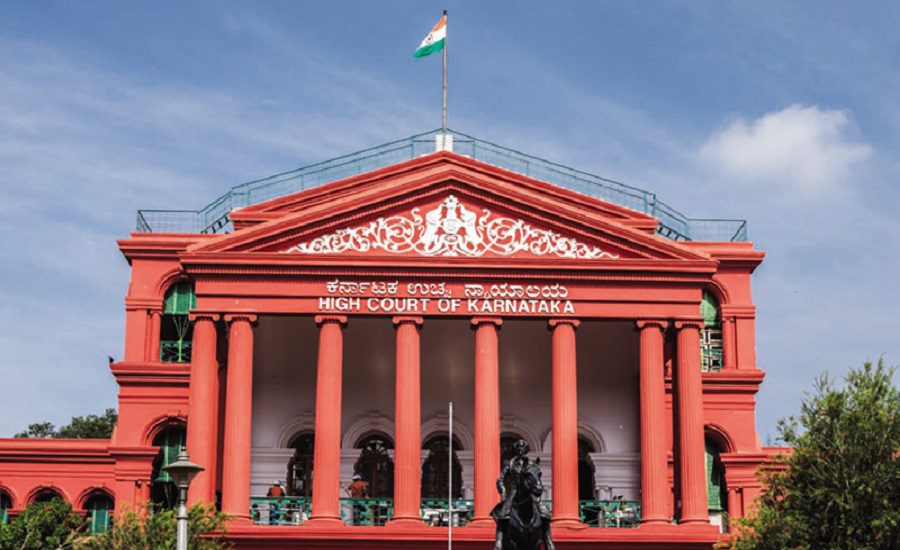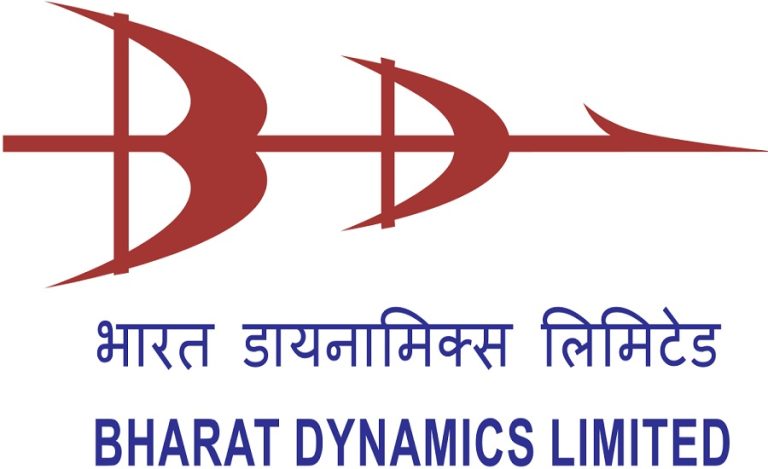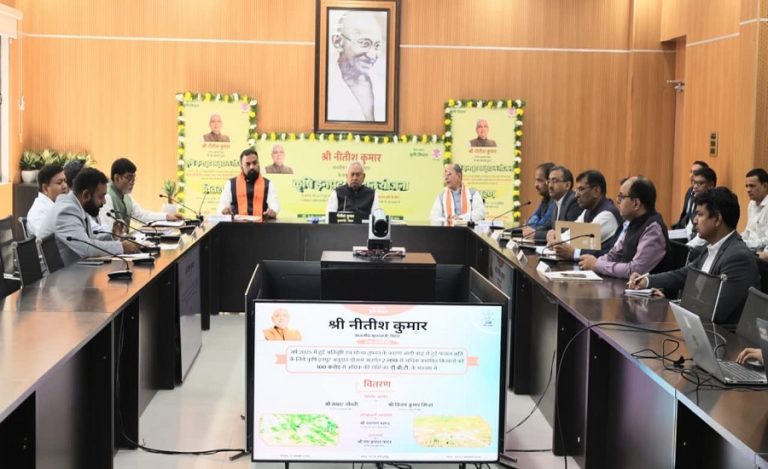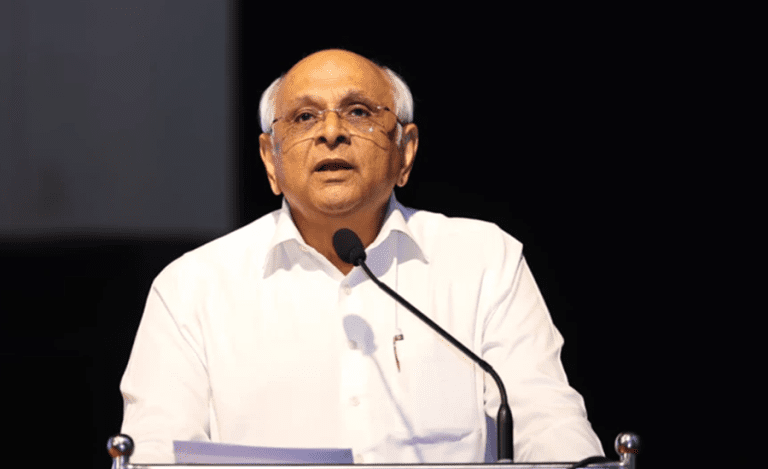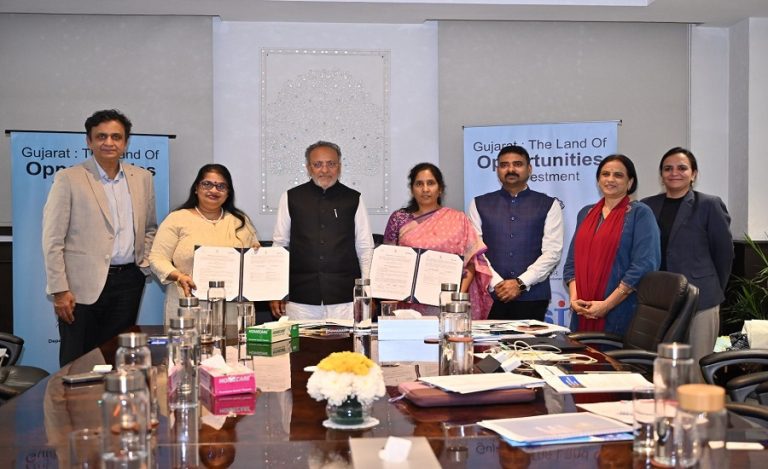In a decisive judgment, the Karnataka High Court has clarified that law graduates from any Indian state may enrol with any State Bar Council, so long as their degree is recognised by the Bar Council of India (BCI). The court held that the state-wise restriction on enrolment has no legal basis under the Advocates Act 1961. This is a landmark decision which enhances opportunities for aspiring lawyers and strengthens the principle of mobility for legal professionals.
Background of the Case
The matter arose when one Rajashekar, a law graduate of Monad University, Uttar Pradesh, sought enrolment with the Karnataka State Bar Council (KSBC). Despite possessing a legitimate LL.B. degree from a BCI-approved institution, his application was left unprocessed because he had studied outside Karnataka.
The High Court observed that under Section 24 of the Advocates Act there is no territorial limitation on enrolment.
Importance of the Ruling Under Advocates Act 1961
National Mobility: Graduates from any state can now register with the State Bar Council of their choice, promoting freedom of movement in the legal profession.
Uniform Recognition: Reinforces the nationwide validity of law degrees from BCI-approved colleges, reducing ambiguity.
Access & Equality: Prevents arbitrary local restrictions, aligning with Article 14 and Article 19(1)(g) of the Constitution, which guarantee equality and the right to practise a profession.
Legal Clarity: Provides clear guidance to all State Bar Councils on enrolment practices, reducing litigation.
Challenges & Implications
Verification Burden: While territorial barriers are removed, state councils must still verify credentials carefully to avoid fraudulent enrolments. The court noted verification remains valid.
Administrative Readiness: State Bar Councils must update their rules, processes and public communication to reflect the change, avoiding delays in enrolment.
Awareness Among Graduates: Many law graduates may not realise they have this right; outreach may be required.
Potential Backlog: A surge of enrolment applications might challenge the capacity of some state councils.
Way Forward
- State Bar Councils (SBCs) should update their enrolment criteria publicly to reflect that law degree origin is not a barrier.
- Educational Institutions must clearly state BCI-approval status to their students, easing future enrolment.
- Graduates should proactively apply for enrolment in the state they intend to practice, regardless of where they studied.
- Regulatory oversight by BCI and SBCs to ensure verification processes are robust yet not obstructive.
- Continuous monitoring of how this decision impacts inter-state mobility of advocates and whether any unintended barriers arise.

